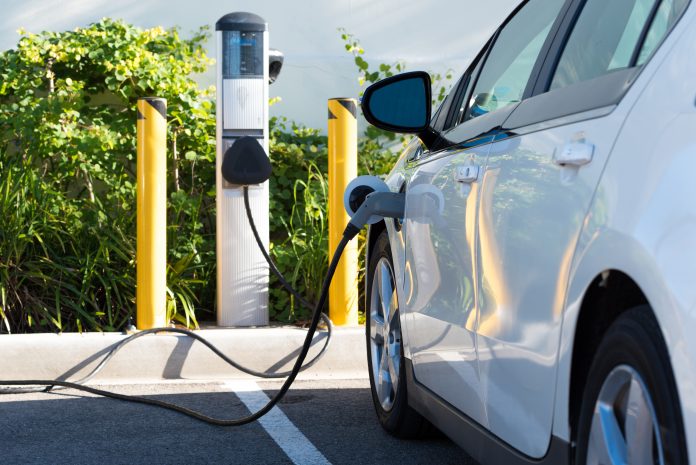
Last month, the State of Washington announced that it had reached the 7,500-vehicle threshold for its clean-alternative fuel, electric, and plug-in hybrid vehicle sales and use tax exemption plan. As a result, the state is allowing the program to expire on the first of June, giving buyers until May 31 to take advantage of the program. After the first of June, dealers will be directed to process transactions on EVs with the full sales tax amount in place.
To qualify for the sales tax exemption, EVs must be purchased or leased for a base-model retail price of less than $42,500. Additionally, the vehicle must meet the expectations outlined by the Department of Licensing and be delivered to the buyer before the expiration date by May 31. The exemptions apply to new passenger cars, light duty trucks, and medium-duty passenger vehicles that are exclusively powered by a clean, alternative fuel or plug-in hybrids that can travel at least 30 miles on battery power alone. (Find the list of qualified vehicles on the state’s website here.)
When the incentive was first offered in 2015, the state’s legislature placed a number of restrictions on the EV tax exemption to limit the cost to the state treasury and avoid subsidizing luxury vehicle buyers, according to Jefferson Public Radio, which reported that local dealers have seen an uptick in the number of EVs they’re selling before the tax credit program is closed.
“Sales manager George Nishimura said the tax break is worth $3,000 to $4,000 depending on the plug-in model chosen,” reported JPR’s Tom Banse. “He anticipates electric car sales will slow down for a few months once the incentive is gone, but then come back.”
A bipartisan bill in the Washington State Legislature that would have extended the sales tax exemption failed to pass in the final days of the 2018 legislative session because of disagreements about how to make up for the loss of tax revenue.
The tax incentive program is not unique to Washington. Forty-five states and the District of Columbia currently have some type of incentive program for certain hybrid and/or electric vehicles, ranging from tax credits or rebates to fleet acquisition goals or exemptions from emissions testing, according to the National Conference of State Legislatures. A federal incentive for EVs that allowed automakers to give $7,500 tax credits to the first 200,000 EVs they sell since the program was launched in 2009 is expected to reach its limit for many carmakers this year, including GM and Tesla.












